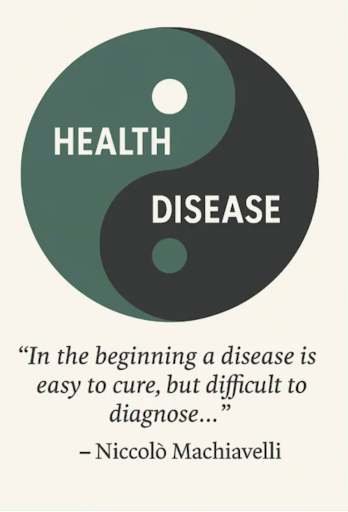Monkeys on Monk Diets Don't Live Longer
- laurenlin8
- Aug 31, 2012
- 3 min read
Updated: Mar 5, 2024
Will you live longer if you stick to a diet that severely restricts your calorie intake? Some longevity researchers have been working on that theory since the 1980s, hoping the answer is yes. But the largest test of the idea—a 25-year study involving 121 rhesus monkeys at the National Institute on Aging—reported this week that the answer seems to be no. Half the monkeys in the study, reported in the journal Nature, were kept on diets so low in calories that they weighed the equivalent of a human male who is six feet tall and weighs less than 133 pounds. But the deprived monkeys lived no longer than those fed diets that kept them at more normal weights. The results contradict a much-discussed 2009 study from the University of Wisconsin, which found that severely restricting monkeys’ calorie intake did extend their lifespans. I’m not at all surprised. The Wisconsin researchers’ methodology had significant flaws that many in the field believe skewed their results. The main problem was that they allowed their control group of monkeys to overeat to the point of obesity. We have ample evidence in many species—including humans, of course—that overeating and obesity cause premature death and debility. So it’s no surprise that the overly fat monkeys died sooner than the overly skinny ones. But to assume that the opposite holds true is fallacious reasoning. The Wisconsin researchers should have compared the calorie-restricted monkeys not to a group given no restrictions but to one kept at normal weight through a normal diet. That’s what the NIA researchers did. The supposed calorie-longevity connection has had some dedicated adherents who have gotten the theory a lot of attention in recent years. But the idea isn’t new. It started with studies of rats in the 1930s and extended to microscopic worms and mice in the 1980s. But all these species are quite short-lived compared to primates. They’re not evolutionarily optimized for longevity because they evolved in hostile environments in which early death was caused by predators, starvation or infection, not the deterioration of physiological systems, otherwise known as aging. We humans and our slightly less long-living primate cousins have evolved in less hostile environments, allowing us to develop more robust repair and maintenance systems. So the calorie-restricted diet might extend the lifespans of rats and worms, but it won’t necessarily work in primates, as this study showed. Steven Austad of the Barshop Institute for Longevity and Aging Studies at the University of Texas has argued eloquently and persuasively that we have to look at relatively long-living species for models to test all anti-aging interventions. His suggestions are the naked mole rat, which is very similar to the lab rat but can live up to 30 years, or the bat, which can live about as long. The adherents will probably continue trying to prove the calorie-restriction theory of life extension, but to me it is a crumbling edifice. And beyond the specific theory, there’s an important lesson for the longevity and age-management fields in the failure to replicate in primates the results from studies of species with shorter lifespans. We should be skeptical, for instance, of the numerous studies that use transgenic mice to show that decreasing growth hormone and its effector hormone, IGF-I, enhances longevity. Many studies show that higher IGF-I levels are associated with improved cognitive function, and that replacing growth hormone in people whose levels are deficient tempers the increased risk they have for cardiovascular disease, osteoporosis, muscle loss and depression. It’s time to retire the mice and rats as models for understanding human aging. NYT: Severe Diet Doesn’t Prolong Life, at Least in Monkeys




Comments